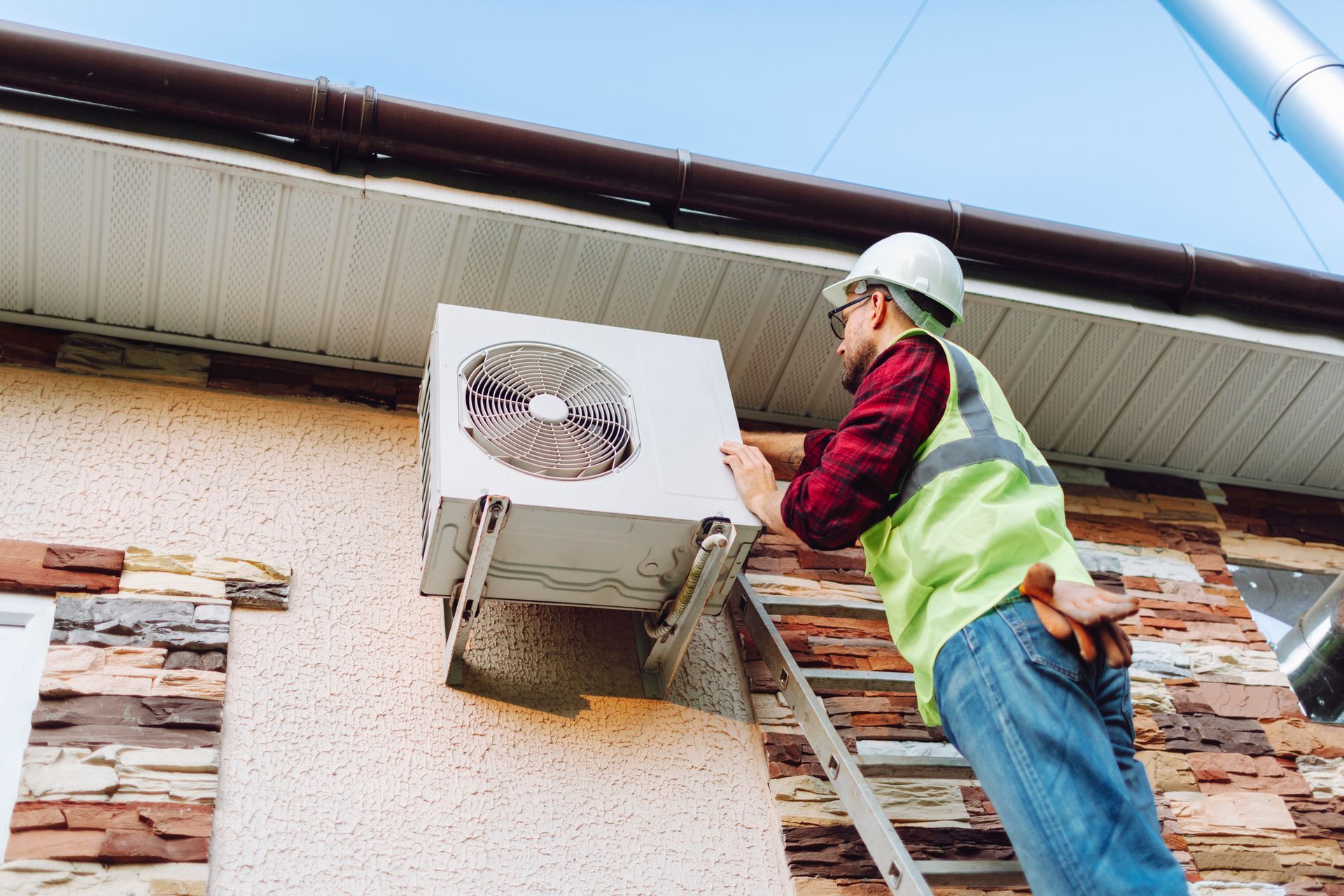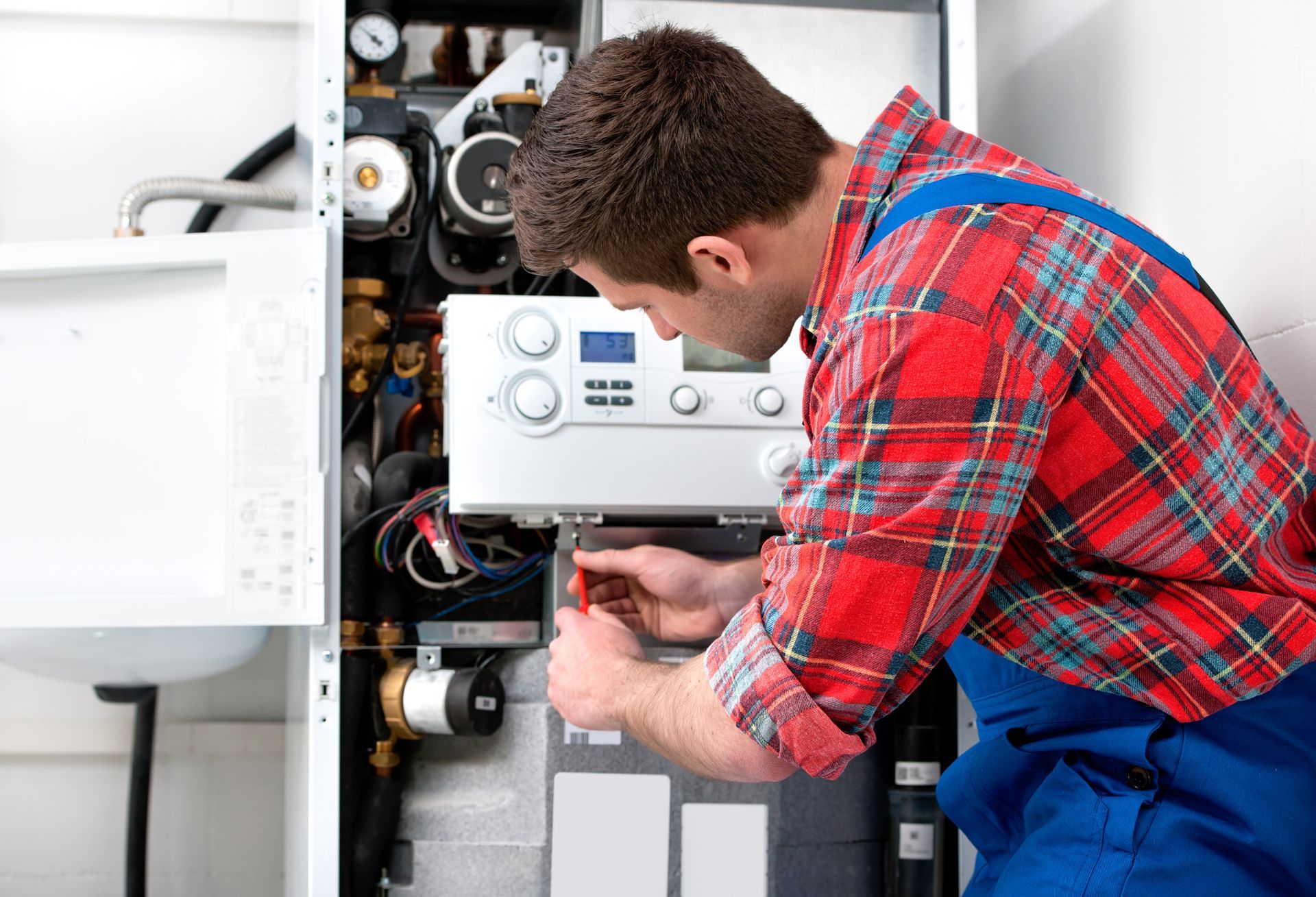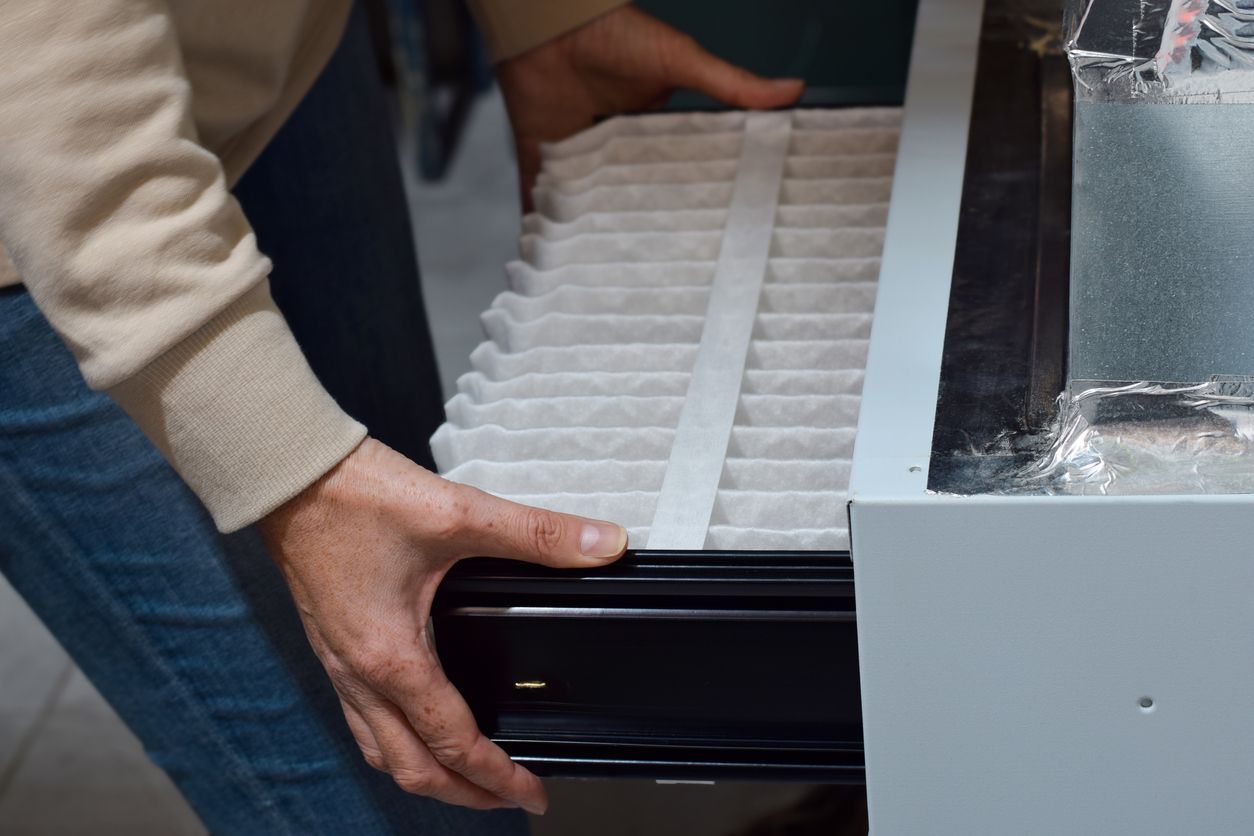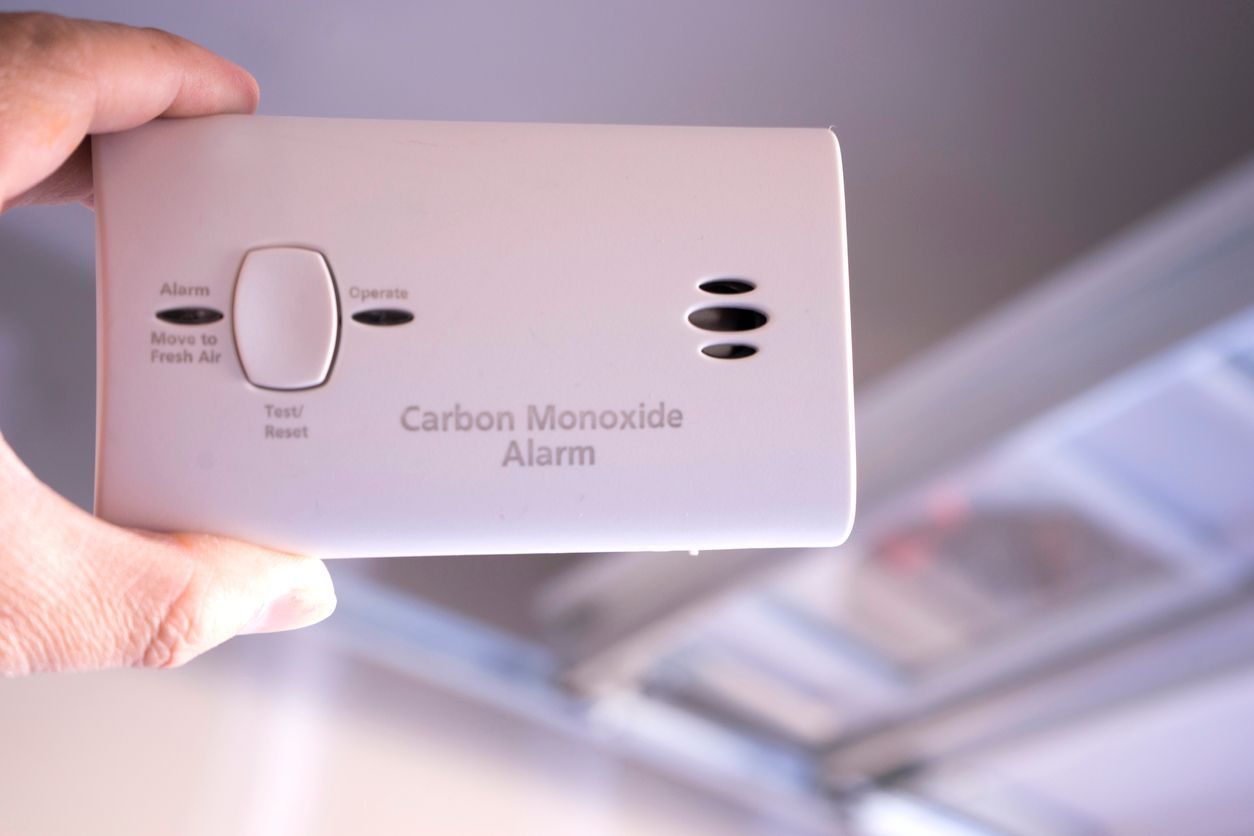AIR CONDITIONING SERVICES IN SAN MARCOS, TX
AIR CONDITIONING SERVICES IN SAN MARCOS, TX
AND THE SURROUNDING AREA
We’ve said it before, and we’ll say it again: Here in Texas, air conditioning is about more than just comfort. In our blistering summers, it’s about your health and safety, too.
We care about comfort, of course—we’re the Comfy Air, after all—and we want to keep your air conditioner working all summer long for your comfort and safety. Your unit can’t do the valuable work of cooling your home without a compressor.
In this article, we’re going to teach you all about the compressor—it’s the heart of your air conditioning system. On the surface, what it does is quite simple—it pressurizes your refrigerant in order to make it easier to cool. We’ll cover how that helps your system work, where the compressor is located, some of the signs that your compressor isn’t working properly, and how compressors can be repaired.
That’s a lot to talk about—though we’ve compressed it as well as we can—so let’s get started!
What is an AC compressor?
The AC compressor is located in the outdoor unit of your air conditioner—that’s the big metal box most of us think of when we think about our air conditioners.
The compressor pressurizes the refrigerant—which, at this point in the cooling process, is a low-pressure gas—to create a high-pressure, high-temperature gas.
How does the AC compressor work?
There are several different types of air conditioner compressors, and each of them works slightly differently—though they all play the same role in the refrigeration cycle.
The most common type of compressor in residential air conditioning is the reciprocating compressor. These compressors use a piston to pressurize the refrigerant. Their relatively simple design makes them easy to install and repair; it also reduces their overall cost.
Commercial buildings and high-density residential buildings will often feature air conditioning systems with rotary compressors. These compressors use spinning, grooved cylinders—called rotors—in order to create pockets of compressed air and refrigerant. They’re lighter and experience less vibration than reciprocating compressors, and they can pressurize more refrigerant at once. This makes them an excellent choice for large buildings.
No matter which kind of compressor you choose (and there are more that we didn’t list), the goal is the same—to pressurize and heat the low-pressure gas refrigerant so that it can move heat from your building to the outside condenser. Here’s a quick summary of how the rest of your air conditioning system works:
The condenser consists of a series of coils and a fan—the gas cools as it passes through these coils, and heat is shunted outside. From there, the gas is condensed into a liquid. It passes into an expansion valve, where it’s depressurized and cooled further, so it can absorb heat from your home when it passes through the inside evaporator coils.
Symptoms of a faulty AC compressor
There are a variety of different compressor problems: You can end up with an overheating compressor, a frozen compressor , a leaking compressor, and more. When your air conditioner’s compressor needs to be repaired or replaced, there are some obvious signs:
- No cool air: Though there can be a number of reasons your air conditioner isn’t cooling your home—a faulty air conditioner compressor is one of the most common.
- Loud noises: Hissing, knocking, and grinding from your outdoor unit can all mean trouble for your compressor
- Short cycling: When your air conditioner is turning on and off repeatedly, it may be a sign your compressor is in need of repair—especially if the problem only occurs months or years after installation
These are just a few of the symptoms you may encounter: High energy bills, refrigerant leaks, and other symptoms may also occur.
Repairing or replacing an AC compressor
Your HVAC contractor will be able to determine whether or not your compressor should be repaired or replaced. A failed compressor, such as one with a seized motor or refrigerant leaks, will almost always be less expensive to replace than to repair.
Depending on the age of your system, it may be more affordable to replace your air conditioner altogether—a new compressor can cost thousands of dollars. For smaller issues, repairs are often a feasible option. The technicians at Comfy Air can educate you on whether it’s best to repair or replace in the event of compressor failure.
Conclusion
A faulty compressor can lead to higher energy costs, a less comfortable home, refrigerant leaks, and even total system failure. If you think your compressor is in need of repairs, contact Comfy Air right away.
The post The Role Of The AC Compressor In Your Cooling System appeared first on Comfy Air (Comfy Air DBA).

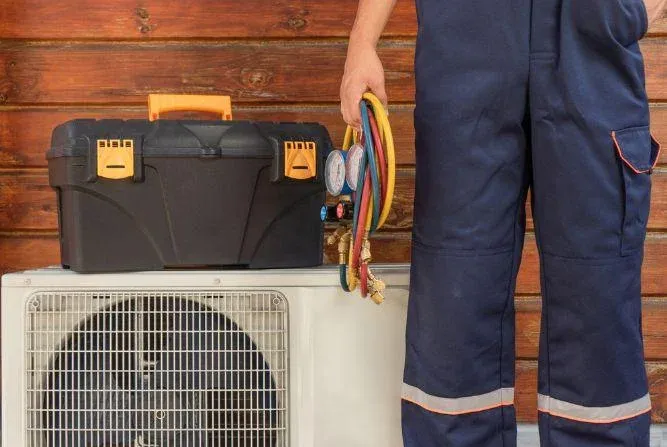
FINANCING OPTIONS ARE AVAILABLE
FINANCING OPTIONS ARE AVAILABLE
CONVENIENT PAYMENT OPTIONS | SIMPLE APPLICATION PROCESS
Financing starting at 7.99%
CONVENIENT PAYMENT OPTIONS | SIMPLE APPLICATION PROCESS

Comfy Air is proud to be a Daikin Dealer and services all makes and models!
San Marcos, TX
Buda, TX
Dripping Springs, TX
Kyle, TX
New Braunfels, TX
Seguin, TX
South Austin, TX
Wimberly, TX
Cibolo, TX
Lockhart, TX
Kingsbury, TX
Luling, TX


ALL RIGHTS RESERVED | COMFY AIR INC
TACLA60047C
PHONE
ADDRESS
HOURS OF OPERATION
- Mon - Sat
- -
- Sunday
- Closed

